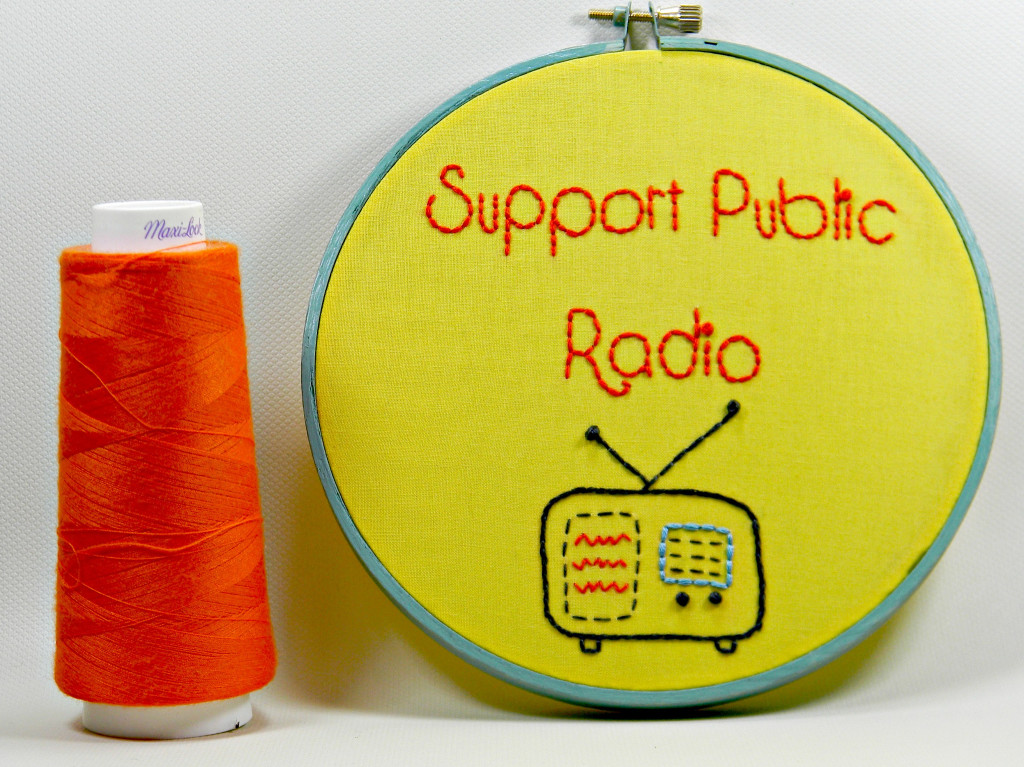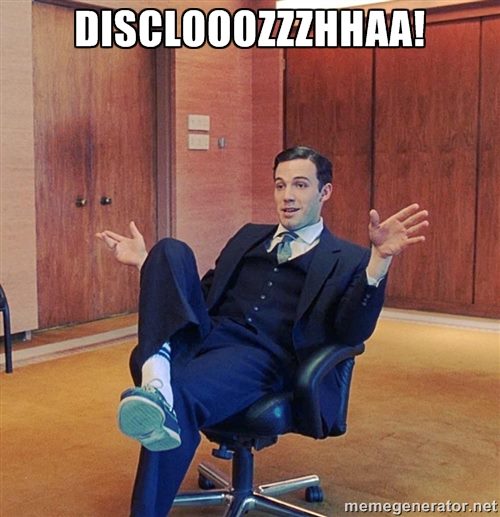
Podcasts? What Podcasts?
NPR employees have been instructed not to promote its own podcasts on the air? What? It appears there is a friction between NPR’s longtime brilliance at making its content available via downloadable or streaming media (Podcasts!) and the desire by local stations for listeners to stick with good ol’ terrestrial radio.
Why is an over-the-air medium call “terrestrial” anyway?
While I do not know, this appears to be driven by public radio station managers worried that listeners consuming podcasts rather than local station will lower ratings (to the extent public radio has ratings, a complex matter in itself) and fewer listener contributions. Is that true? The fear seems logical if not proven. However, a solution involving the network denying the existence of its own digital savior (hey, give me some rope, it’s Palm Sunday weekend as I write this) seems counterintuitive. Surely there is away to promote and distribute podcasts in a way that helps member stations? It has been way too long since I have been in public radio, so I’ll leave that answer to the experts.
Disclosure Follies- Here Come the Regulators
We have seen the FTC start to enforce online content disclosure guidelines over the last couple of years. In that time, it has become clear that brands will be held responsible if “influencers” fail to disclose sponsorships when posting content about products. This latest case involving Lord & Taylor raises another question that several folks I know raised this past week: what about the responsibility of publishers?
In this case, L&T failed to disclose it paid for a placement in a fashion magazine as well as failing to disclose considerations to online influencers; this dovetails with the topic of “native advertising” (a fancy new-ish buzzword for advertorial” that is netting folks some plum speaking engagements); will publishers be held to account for failure to inform the audience who is paying for what?
Disclosure is not hard- and it doesn’t (necessarily) cheapen content; failure to disclose, when discovered, could and should do more damage. I hope we’ll see more cases, as it will make brands – and hopefully publishers and “influencers” think more about how they approach these situations.

Instagram Hops on the Algorithmic Feed Train
Cue the “You’re ruining my feed” whiners: in a tradition reaching back to the earliest days of Facebook, millions of users are already complaining about Instagram “messin’ with mah feed” due to its announcement it will institute a smart algorithm to deliver the best posts rather than a straight chronological feed. This, as with past whines about Facebook and Twitter, shall pass, so enjoy it while the whining is fresh
Instagram is switching its feed from chronological to best posts first
I actually like curated feeds. It worked for Facebook, it will work for Twitter (if I were ever to go to the main Twitter feed), and it will definitely work here..
Wikipedia Editing Fun
Over the years, whether it be in PR, social media, or SEO, it has been common to field requests for advice in dealing with Wikipedia. The advice, boiled down, is: you can’t edit or create your won Wikipedia page, but you can work with editors to ensure worthy changes and corrections, as long as you don’t think of it as a marketing tool but as an information resource. There are groups dedicated to helping marketers work properly with Wikipedia (I’m a mostly-lurking member of a very good one).
So, what to make of this episode of a problematic page on Wikpiedia? An PR representative appeared to make a proper, if possibly clumsily executed (hard for me to judge), plea for changes to a client’s page. Somehow, this ended up in a lawsuit by the page’s subject against its own agency for causing more negative edits. It’s truly unclear what happened, though one guess is the client was not satisfied with the changes, if any, that were made, or perhaps the speed which they progressed (or failed to). If an agency is held liable for elements it can hardly control, that would seem silly.
Wikipedia is governed by a convoluted (to outsiders) process, and does not necessarily move at the speed or in the direction we want. That’s by design. Those who refuse to function within the system won’t function without it either.
Medium Collections?
Has Medium changed again? Or has it just made itself easier to navigate by interest? It seems the latter may be the case, depending in ho you read into the latest announcement about Medium Collections. It seems to make sense to me.
What hasn’t changed about Medium? The most compelling posts are those by Medium executives about what Medium is…this week.
